
I typically use Zoom as a platform but I’ve also used Skype and Google Meet with clients and am happy to discuss what might work best for you when we first talk. Sessions by phone are definitely an option; I totally appreciate that you might not be comfortable with using video-conferencing.
The majority of my client work is remote but I am also willing to consider face-to-face sessions with clients in Launceston, Cornwall. Please contact me to discuss this further to see what arrangements can be made.
No, you would not have to pay for the first 6 sessions in advance.
I ask clients to commit to a minimum of 6 sessions because I want it to be clear that therapy is not a ‘quick-fix’ option. I want to discourage clients from thinking that if they don’t feel better after the first session, or couple of sessions, then it isn’t working. Contrary to this, and far more realistically in my view, meaningful change takes hard work and commitment and it can take at least the first six sessions to start seeing significant progress.
If you call, text or email me to cancel a minimum of 48 hours ahead of the scheduled session then you will not be charged for the session. If you give less than 48 hours notice, the fee will still apply.
It entirely depends on how I think I might be able to help you with the issues you bring to therapy. Either way, my approach is collaborative and it is therefore something that we would regularly review together during the course of therapy. Having said that, whilst I am not against open-ended therapy, I feel that one of the key purposes of counselling is to equip clients with the tools to become their own therapist.
It is often helpful to taper off sessions gradually towards the end of therapy and perhaps reduce from weekly to fortnightly and then monthly, before finally concluding. I am very happy to offer ‘top-up’ sessions to clients who have previously concluded therapy but would like to go back over some ground previously covered, or are experiencing new challenges.
Sessions are generally held weekly. I aim to offer flexibility with this though as some clients suit a more intensive approach in the initial stages and might opt for two sessions per week, but equally, others have financial constraints that mean they simply cannot afford more than fortnightly sessions from the start.
As per the terms of the code of ethics of my regulatory body, the British Association for Counselling and Psychotherapy (BACP), anything that you say to me over the phone, via video call or in person will be kept entirely confidential. The only exception to this (again, as per the BACP code of ethics) is if you should talk about plans to harm yourself or anyone else, in which case I would be ethically obliged to break confidentiality.
Acceptance and Commitment Therapy (ACT) is part of the CBT family, but it differs from CBT because essentially, it holds that pain and suffering are a fundamental part of life that we need to learn to adapt to and accept. More traditional CBT seeks to identify and then change negative thoughts and feelings so that we see them more positively.

Please don’t hesitate to get in touch, I am always happy to answer any questions you might have
| Cookie | Duration | Description |
|---|---|---|
| cookielawinfo-checbox-analytics | 11 months | This cookie is set by GDPR Cookie Consent plugin. The cookie is used to store the user consent for the cookies in the category "Analytics". |
| cookielawinfo-checbox-functional | 11 months | The cookie is set by GDPR cookie consent to record the user consent for the cookies in the category "Functional". |
| cookielawinfo-checbox-others | 11 months | This cookie is set by GDPR Cookie Consent plugin. The cookie is used to store the user consent for the cookies in the category "Other. |
| cookielawinfo-checkbox-necessary | 11 months | This cookie is set by GDPR Cookie Consent plugin. The cookies is used to store the user consent for the cookies in the category "Necessary". |
| cookielawinfo-checkbox-performance | 11 months | This cookie is set by GDPR Cookie Consent plugin. The cookie is used to store the user consent for the cookies in the category "Performance". |
| viewed_cookie_policy | 11 months | The cookie is set by the GDPR Cookie Consent plugin and is used to store whether or not user has consented to the use of cookies. It does not store any personal data. |